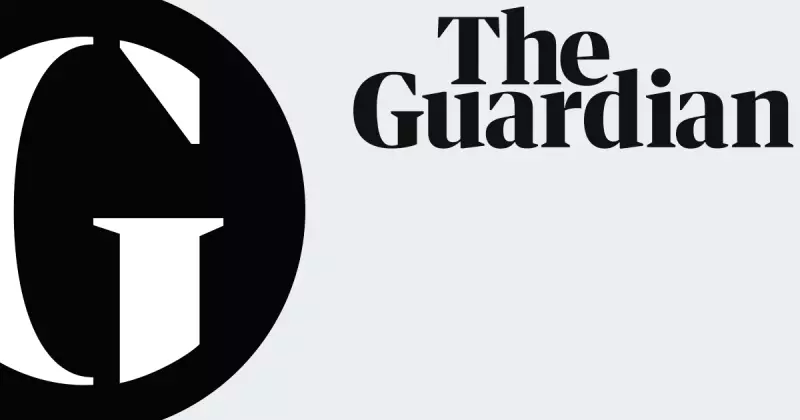
In a powerful address that sent ripples through the tech world, Nobel Peace Prize laureate Maria Ressa has issued a dire warning, labelling major technology platforms as "weapons of mass destruction to democracy".
The acclaimed journalist and freedom of speech advocate delivered her stark assessment at the Global Tech Summit, arguing that without urgent intervention, these platforms could lead to the complete collapse of democratic systems.
The Systematic Erosion of Truth
Ressa, who has faced numerous legal challenges in her native Philippines due to her investigative work, presented a compelling case against the current business models of social media giants. She detailed how their algorithms "prioritise outrage and lies over facts", creating environments where misinformation spreads faster than verified truth.
"These aren't neutral platforms," Ressa asserted. "They're designed to capture attention at any cost, and that cost is our shared reality, our ability to agree on basic facts."
A Call for Immediate Regulation
The Nobel winner emphasised that the situation requires more than mere technical adjustments. She called for comprehensive regulatory frameworks that would hold technology companies accountable for the content they amplify and the societal impacts they create.
Her proposals include:
- Transparent algorithmic accountability standards
- Independent oversight of content moderation practices
- Legal frameworks that protect democratic processes from digital manipulation
- Financial penalties for platforms that systematically spread harmful misinformation
Global Implications
Ressa's warning comes amid growing concern among policymakers worldwide about the role of technology platforms in elections, political polarisation, and the spread of conspiracy theories. She argued that the problem is particularly acute in developing democracies but affects nations at every level of development.
"This isn't just about election interference," she noted. "It's about the gradual, insidious erosion of the very foundations of informed citizenship that democracy requires to function."
The speech has been met with both applause from digital rights advocates and cautious responses from tech industry representatives, who acknowledge the problems but warn against overly broad regulations that might stifle innovation.





